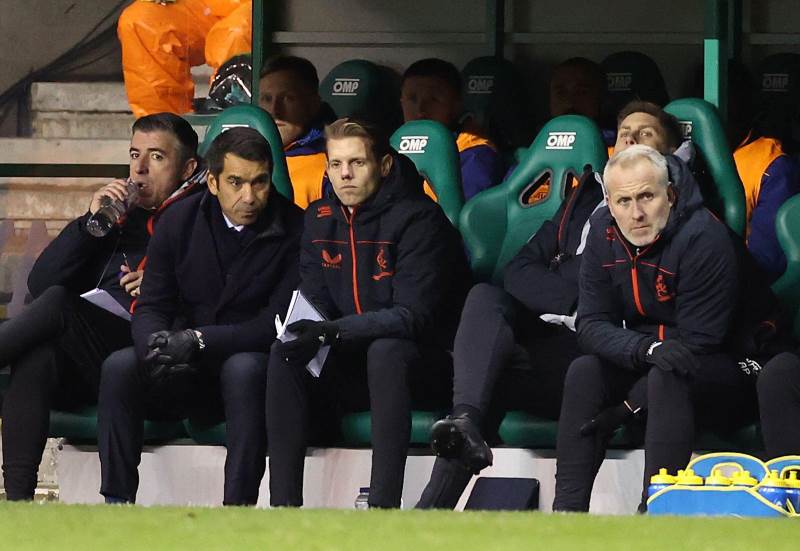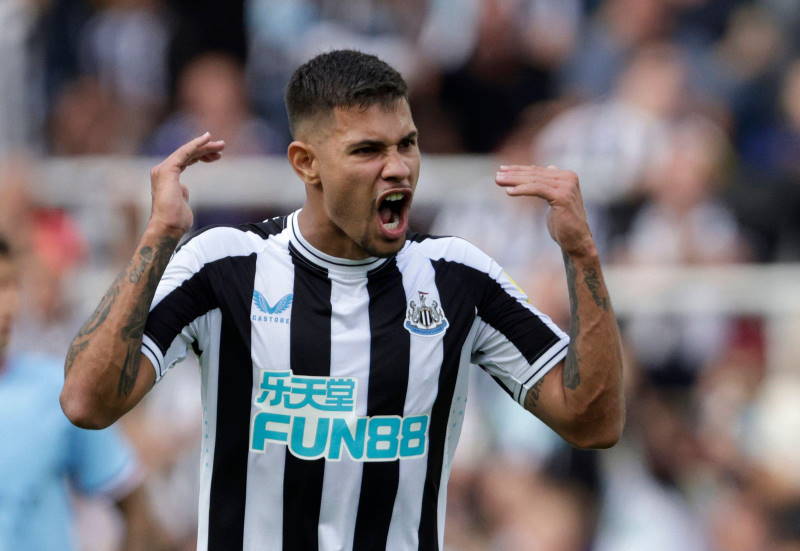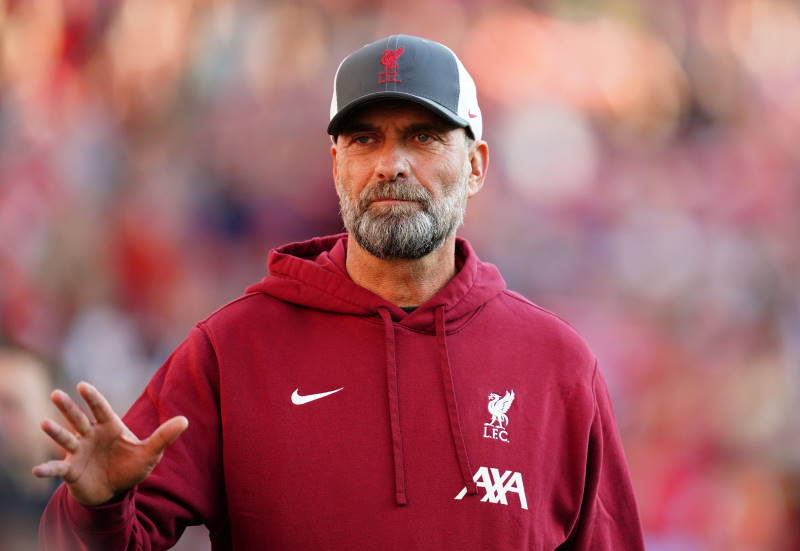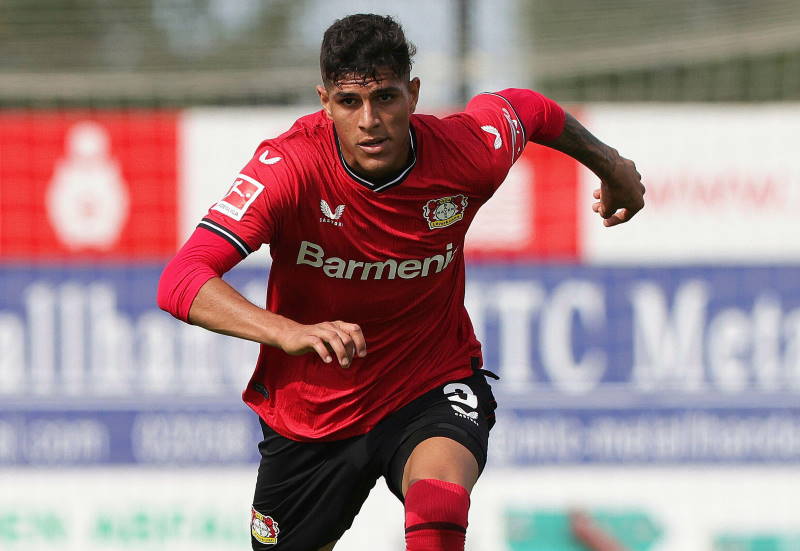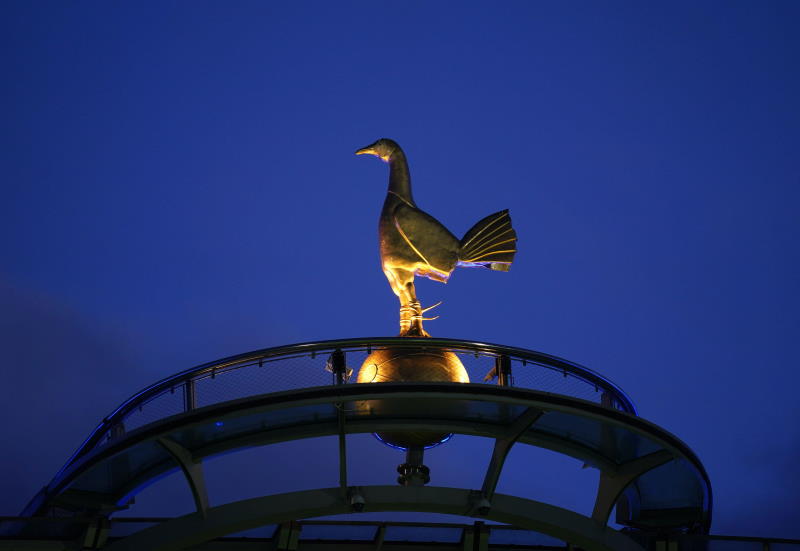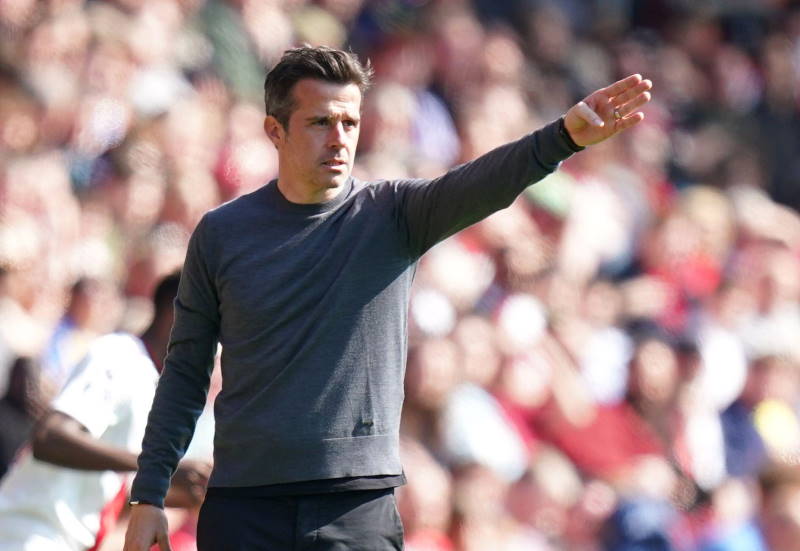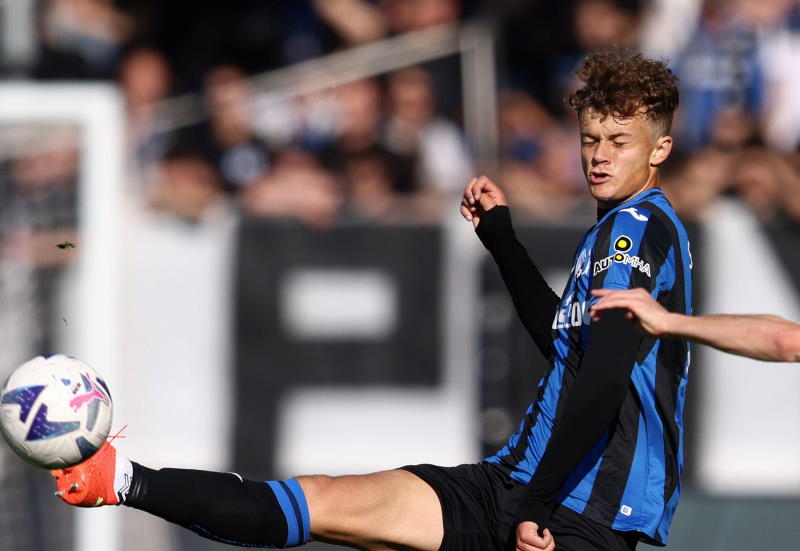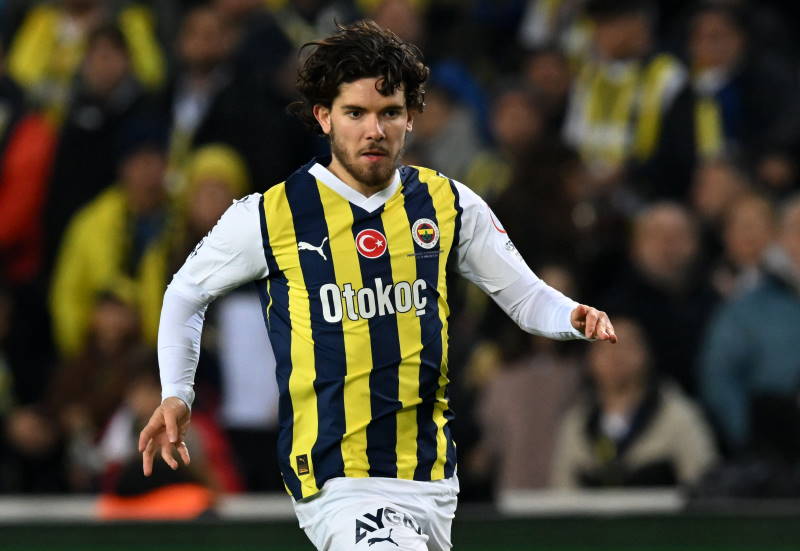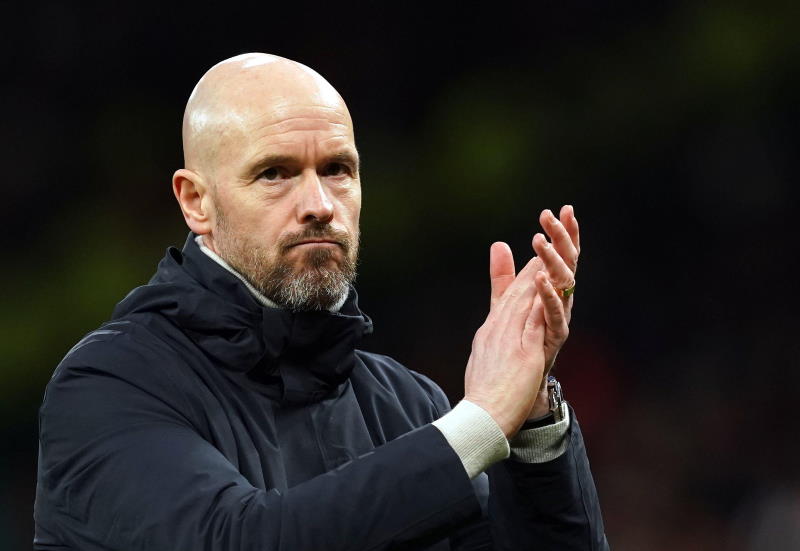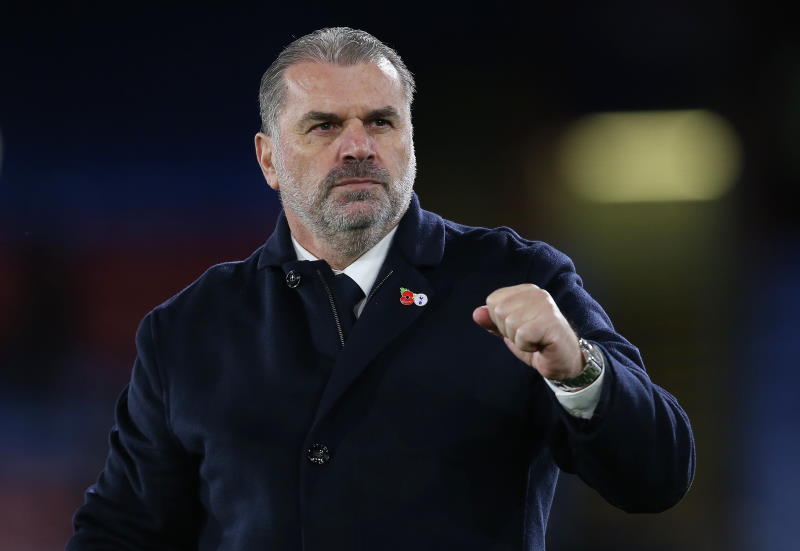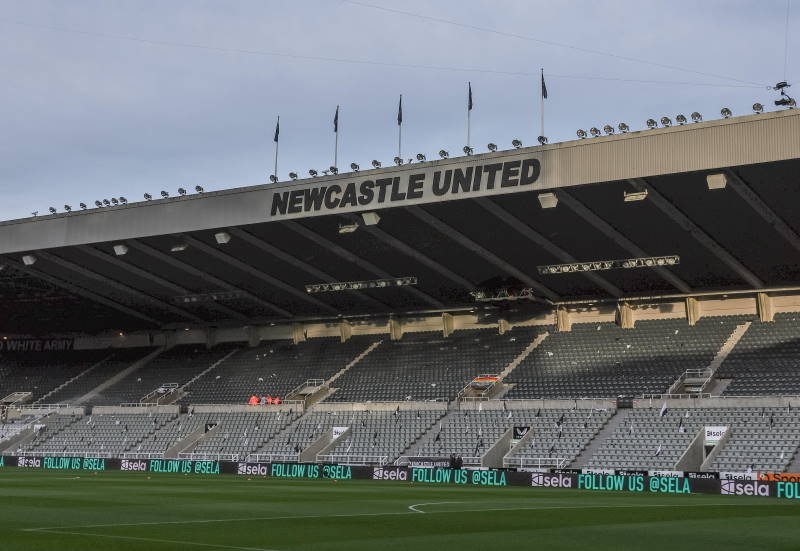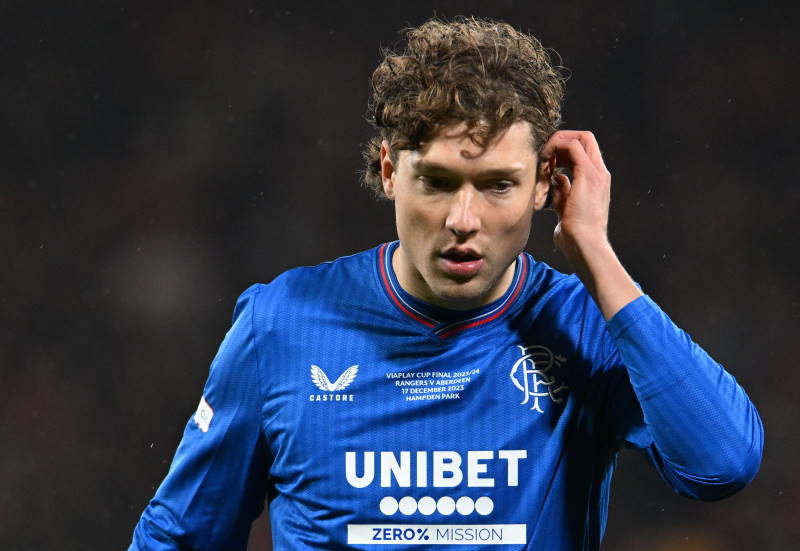
The 2012 Olympic Football tournament will represent the first occasion in 84 years that Uruguay have taken part in the competition. Oscar Washington Tabarez’s men have enjoyed a fruitful couple of years on the international scene, but will do well to measure up to the performances of their Olympic predecessors, who arguably kick-started the modern era of football with the manner of their victories in the Olympics of 1924 and 1928.
Uruguay arrived at the 1924 Olympics in Paris as an unknown quality and were afforded little limelight in the European press. That soon changed. Powered by the goals of the Nacional pair Hector Scarone and Pedro Petrone, the invention of Pedro Cea and Angel Romano and the dynamism of the right-half, ‘The Black Marvel’ Jose Leandro Andrade, the Celeste swept aside all comers, scoring 20 and conceding just twice on route to the gold medal. They enchanted with their artistic, short-passing play, causing future L’Equipe editor Gabriel Hanot to exclaim that they had “pushed towards perfection the art of the feint and swerve and the dodge.”
Uruguay again won gold at the 1928 Olympics, defeating their Rioplatense rivals Argentina in the final, and the success of that tournament precipitated the organisation of the first FIFA World Cup, hosted and won by Uruguay in 1930.
It is clear then that the Olympics hold an important place in the history of Uruguayan football. With this in mind, Tabarez may have been expected to use the 2012 tournament to reward those players who have best served Uruguay in recent years. The likes of Diego Forlan and Diego Lugano have been loyal and commendable servants to the national team and probably deserved the opportunity to represent their country on its return to the Olympic stage. Tabarez, however, had a more long-term goal in mind: the 2014 World Cup.
In the South American qualification group for that tournament, Uruguay are currently second in the standings – a point behind Chile, on who they have a game in hand – but have played four of their first five qualifiers at home. Tougher tests are yet to come and Tabarez will be keen to use the 2012 Olympic tournament to gauge which younger players appear capable of stepping up to the mark, both in qualification for, and qualification permitting at, the 2014 World Cup.
In this context the selection of Edigio Arevalo Rios, Luis Suarez and Edinson Cavani as the three over-age players for the Olympics is perfectly logical. Barring injuries or unexpected losses of form all three would expect to be in the starting eleven in two years’ time. They are a framework around which Tabarez can place the younger players lining up to replace some of the older squad members.
Despite their current importance to the national team, Lugano and Forlan will be 33 and 35 respectively by the time the 2014 World Cup comes around. It could be argued that both are entering the downward curves of their careers: Lugano performed poorly at Paris Saint-Germain following his 2011 move from Fenerbahce and looks set for a transfer back to South America; Forlan never really got going at Inter Milan last season and has recently signed for Internacional of Brazil.
That is not to say that neither will play any part at the 2014 World Cup, should Uruguay qualify, only that their roles are unlikely to be as prominent as in the success of the last couple of years. In addition, midfielder Diego Perez will be 34 in two years’ time, leaving Tabarez with three key positions to fill.
At the back, Diego Godin looks a shoe-in for one of the two central roles, having started all five of the World Cup qualifiers thus far. If Lugano is not in the starting eleven in 2014 it is Liverpool’s Sebastian Coates who is currently in pole position to partner Godin, having strongly impressed with his performances in the 2011 Copa America. A solid 2012 Olympic tournament would consolidate his position, but there is competition from Nacional’s Alexis Rolin, currently playing far more regularly at club level.
In midfield, the picture is less clear. It could be argued that Napoli’s Walter Gargano (28) is the current favourite to replace Diego Perez, but his lack of playing time in World Cup qualifiers – Sebastian Eguren appears to be the preferred midfield option off the bench – suggests that a younger player could make a play for a midfield role. The two that look most likely are both graduates of Uruguay’s 2009 Under-20 World Cup squad: Nacional’s Maximiliano Calzada and Defensor Sporting’s Diego Rodriguez. Calzada is a neat and tidy, hard-working midfielder, while Rodriguez is a tenacious, tough-tackling customer, nicknamed ‘El Toro’ (The Bull). Calzada has been the preferred starter in 2012 Olympic warm-up matches and if he can continue to strike up a good relationship with Arevalo Rios could certainly put himself into contention for 2014.
Replacing Diego Forlan is a far harder task as there is no like-for-like replacement for both his goalscoring and creative abilities. Tabarez may have to at least partially sacrifice one of those two attributes in order to ensure the continued success of the team.
Bologna’s Gaston Ramirez would appear to be the best fit, capable of playing as a creative attacking midfielder, but also offering a degree of goal threat, having scored eight times at club level last season. Despite this, his performances for the national team have thus far been disappointing; he has often drifted through matches without having a concrete impact on proceedings. The rumoured Liverpool target needs to prove his worth during the 2012 Olympics to avoid being superseded by other candidates in the build-up to the next World Cup.
Chief among those other pretenders is Nicolas Lodeiro, who burst onto the scene with Nacional at the start of 2009, captained Uruguay’s Under-20 team in that year’s World Cup and then made his full debut in the World Cup qualification playoff against Costa Rica at the end of the year. Injuries and lack of playing time at club level have somewhat curtailed his subsequent career, but he is still a very talented player, with a superb left foot capable of conjuring brilliance. A strong Olympics allied to a regular starting place at his new club, Botafogo, would certainly put him in the running.
Tabarez, then, will be equally coach and interested spectator during the two and a half weeks of the Olympic tournament. Uruguay are rightfully among the favourites for medals and will be determined to do their predecessors proud by obtaining one, but in the bigger picture it may be the performances of certain individuals within the team context that have greater long term importance.

